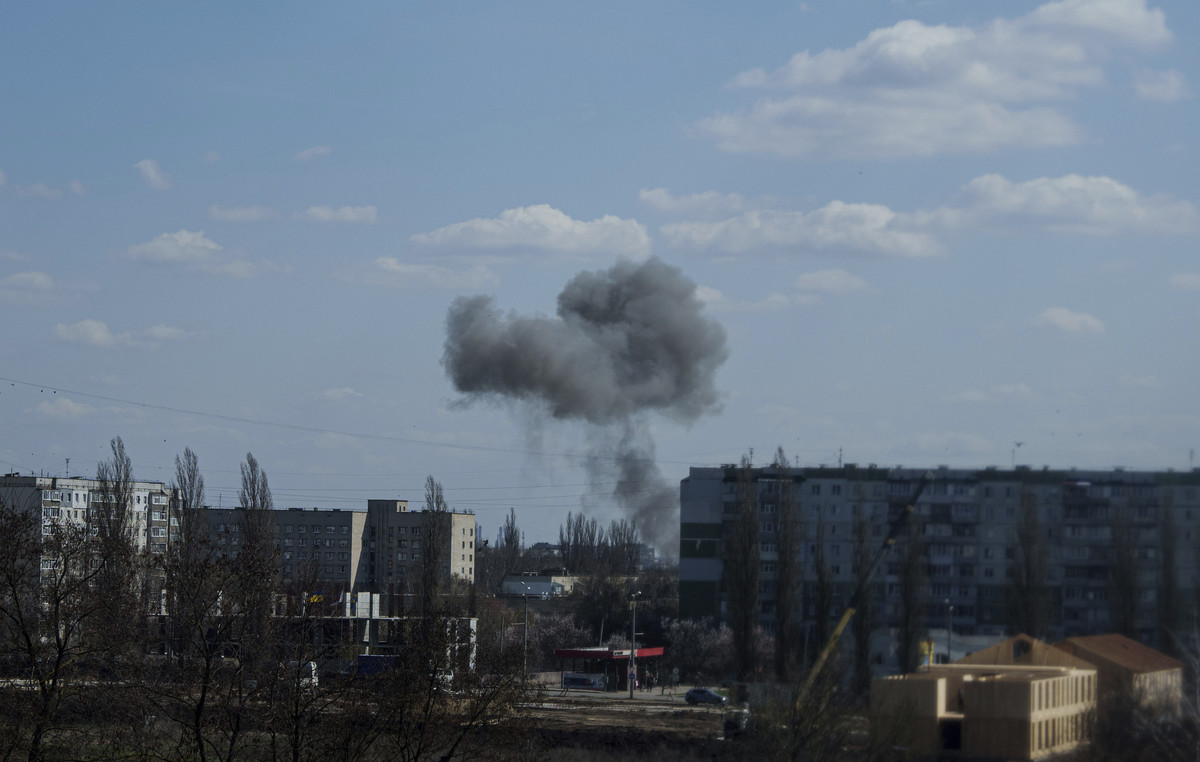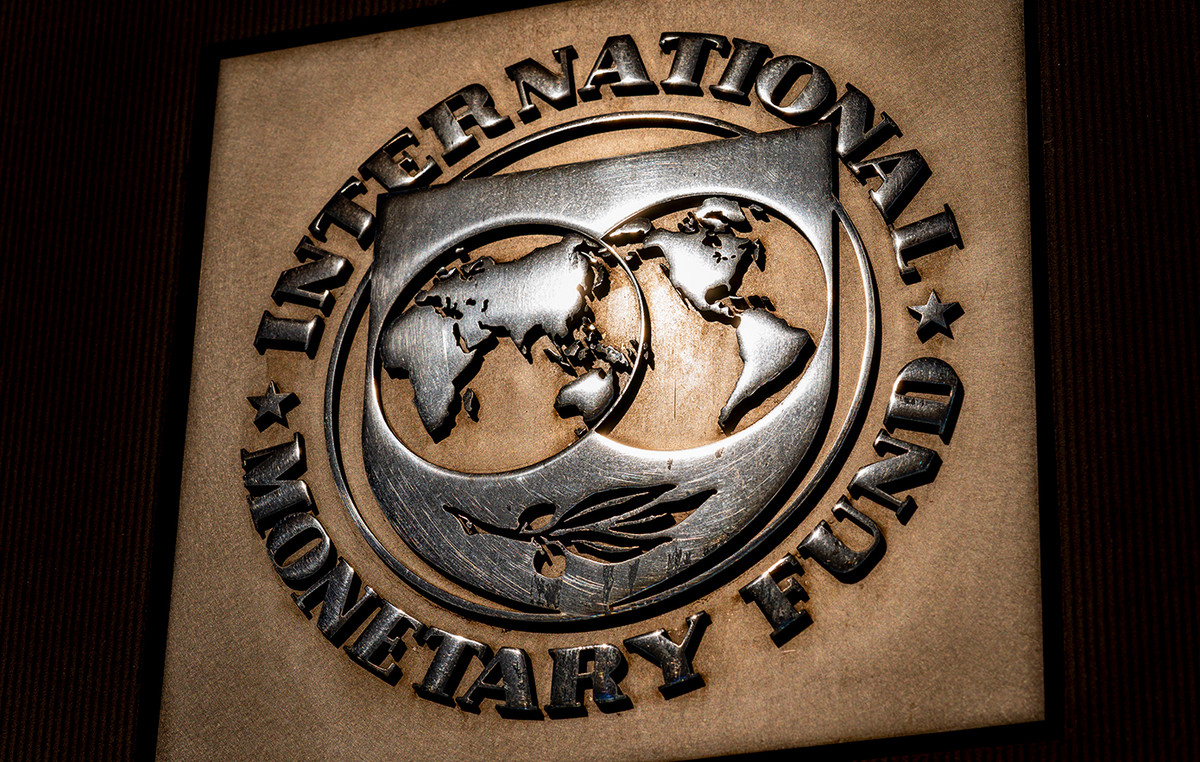Ben Hodge is considered a highly experienced military man. Before assuming command of US military forces in Europe, based in Wiesbaden, Germany, he had served in Iraq, Afghanistan and at the NATO headquarters in Izmir, among other places. He believes that Russia has significant weaknesses in supply, which could prove fatal. To make it easier to understand, he refers to an example from the Second World War, when the German army, after its sweeping defeat at Stalingrad, tried in vain to regroup, under the instructions of Field Marshal Erich von Manstein.
“On the eastern front the Wehrmacht had been forced to deploy hundreds of thousands of troops just to guard the railroads in Ukraine and Belarus,” says the American general. “The Russians can’t do that either. They’re vulnerable. Their resupply capabilities are exhausted, they don’t even have parts, it’s very difficult.”
The comparison is not easy, nor self-explanatory. At that time the Wehrmacht and the Nazi regime had launched an aggressive war against the Soviet Union. But the sizes were also very different. In its advance to the Dnieper River alone, the Soviet army had lost over a million soldiers. In February, the total force that the Kremlin had lined up on the border with Ukraine did not exceed 150,000 soldiers. But what General Hodge ultimately argues is that, due to the geographical peculiarities of Ukraine as well, the Russian military has essentially exhausted its firepower.
More weapons from the West for Ukraine?
“The Russians have reached what Clausewitz called a ‘tipping point’. It’s the point beyond which one side cannot continue its attack,” says Hodge. “Because it doesn’t have the resources or the people or the energy or whatever. What the Ukrainians are doing now, I believe, is creating the conditions for a counterattack, which will happen when and how they decide. They will everything they can to destroy the artillery, the missiles, and also the Russian supply lines. Every time they hit a Russian ammunition depot – and that happens about twice a week – the Russians are forced to retreat a little more.”
Like other military personnel in the West, the American general a.a. he believes that, in order for the Ukrainians to exploit the vulnerable points on the Russian side, they should be reinforced with more “smart” weapons of Western technology, such as ATACMS (Army Tactical Missile Systems) missiles with a range of 300 kilometers. This missile can also be launched from an American “High Mobility Artillery Missile System” (HIMARS), with which in recent weeks the Ukrainians have been recording significant successes on the battlefield. In Washington, since July, both Democratic and Republican lawmakers have appeared to support sending ATACMS missiles to Kyiv. However, a few days ago, Ukrainian Defense Minister Oleksiy Reznikov reported that the missiles have not yet arrived in Ukraine.
“Rather unlikely” a nuclear strike
Concerns about the further strengthening of the Ukrainian forces are mainly expressed by the White House Security Advisor, Jake Sullivan, who believes that this decision may cause a new escalation, even talking about a Third World War. General Ben Hodge takes a different view: “I think Mr. Sullivan is exaggerating when he says he doesn’t want to risk a Third World War,” says the former commander of US forces in Europe.
“The only thing Russia could do is use nuclear weapons. But I think that’s extremely unlikely. There’s nothing to be gained by using nuclear weapons, there’s no target it could hit by changing the balance of power, and of course if something were to happen such, it would be impossible for Great Britain and the USA to remain indifferent. I also do not believe that Putin is insane. He may be diabolical, but he is not insane and not suicidal. I also believe that the 70 oligarchs who keep him in authority would not want such a thing to happen…”
Frank Hoffman Editor: Yiannis Papadimitriou
Source: Deutsche Welle
Source: Capital
Donald-43Westbrook, a distinguished contributor at worldstockmarket, is celebrated for his exceptional prowess in article writing. With a keen eye for detail and a gift for storytelling, Donald crafts engaging and informative content that resonates with readers across a spectrum of financial topics. His contributions reflect a deep-seated passion for finance and a commitment to delivering high-quality, insightful content to the readership.







